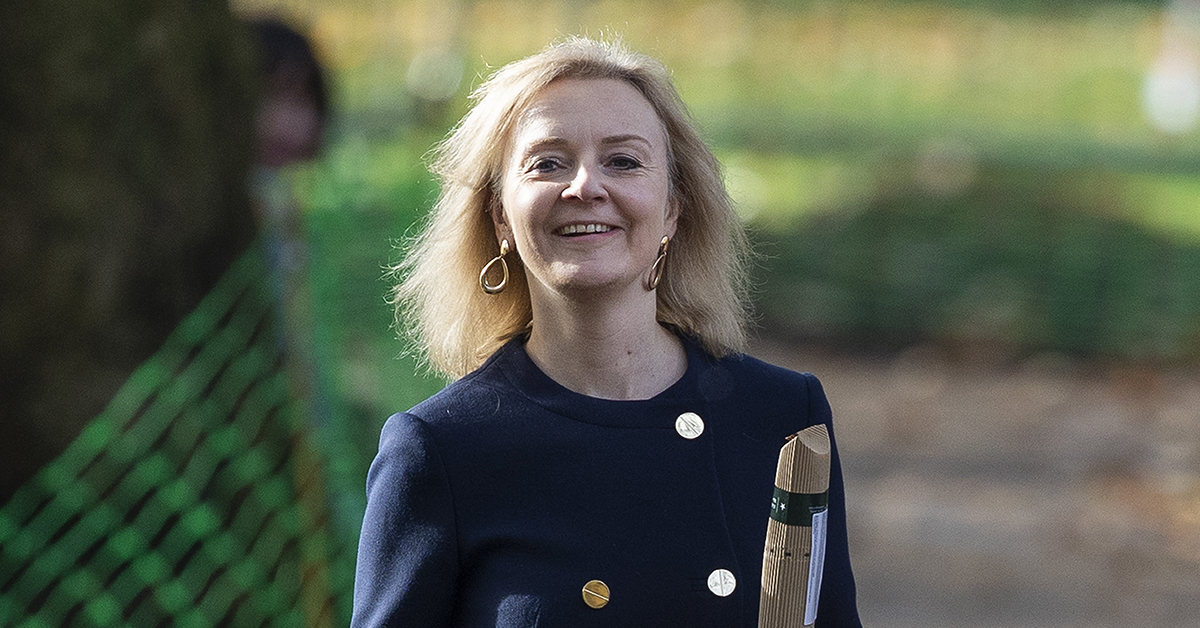Liz Truss is promising tax cuts during an inflationary crisis.

Liz Truss looks set to become the third Conservative UK prime minister in five years to be chosen mid-parliament by the Tory party, rather than by the general population. Unlike her predecessors—Theresa May and Boris Johnson—Truss is not the first choice of Tory MPs, but she is the front-runner in various polls of the 150,000-180,000 Tory members, whose membership ballot will decide the leadership contest, with results to be announced on September 5.
In the last week of August, Foreign Secretary Truss is 32 points ahead of the former Chancellor of the Exchequer, Rishi Sunak. Contrary to the advice of many economists, Truss is promising to cut taxes for both individuals and businesses in the middle of an inflationary crisis, which she insists will stave off recession. Sunak, meanwhile, pledges to tackle inflation before looking at tax cuts and is viewed as the more fiscally responsible of the two candidates.
Truss is a free-trade libertarian, who supports lower taxes and a small state, but there are big questions over how unfunded tax breaks and record borrowing will help balance budgets, reduce national debt and halt inflation.
She has also threatened to review the Bank of England’s independence in setting interest rates and is planning to avoid scrutiny from the Office for Budget Responsibility over her proposed spending plans.
Research from the Institute for Fiscal Studies (IFS) casts doubt on the tax cut plausibility of both candidates. “The reality is that the UK has gotten poorer over the last year,” states Carl Emmerson, deputy director of the IFS. “That makes tax and spending decisions more difficult. It is hard to square the promises that both Truss and Sunak are making to cut taxes over the medium term with the absence of any specific measures to cut public spending and a presumed desire to manage the nation’s finances responsibly.”
With financial plans created purely to appeal to party members to get elected, both candidates run the risk of both harming the economy and alienating the rest of the electorate, who are facing the most challenging economic environment in modern history.



